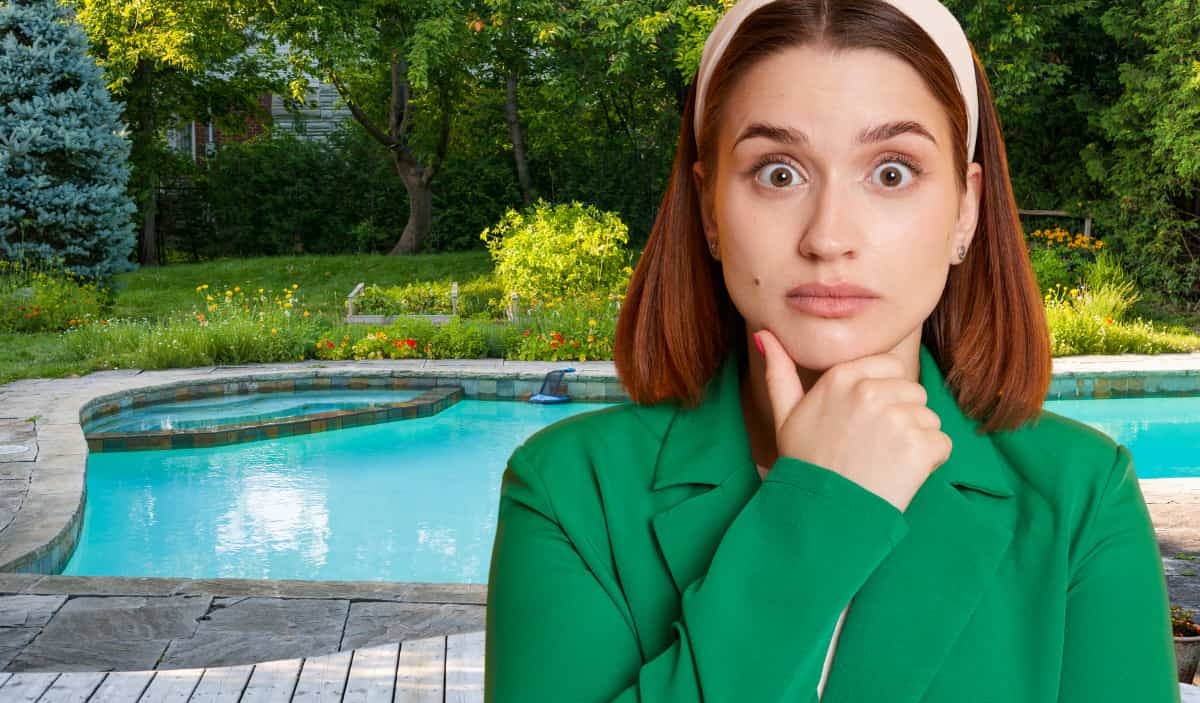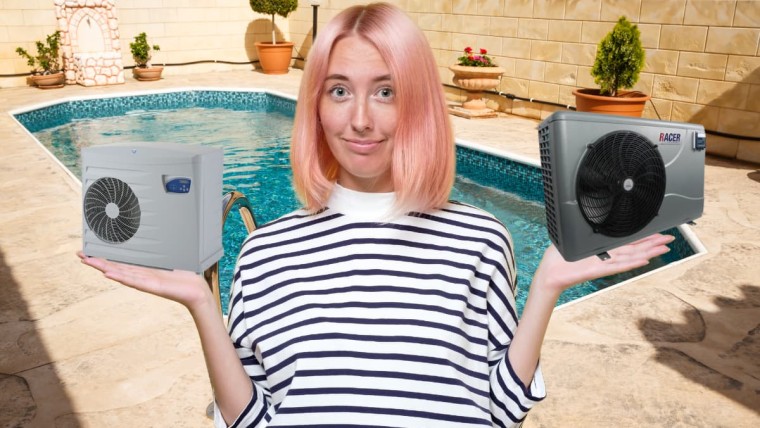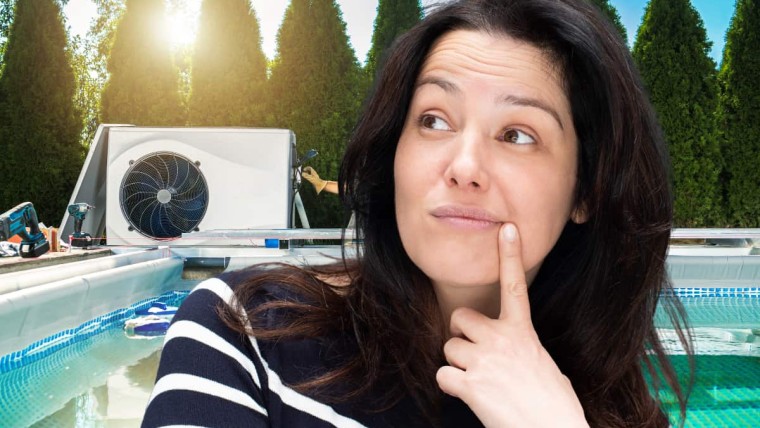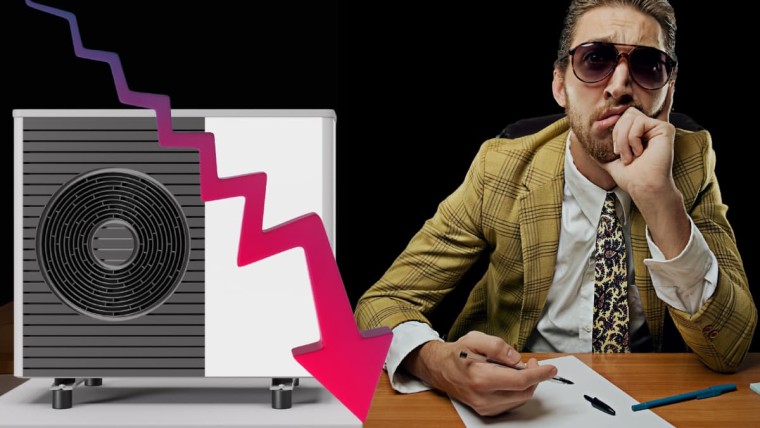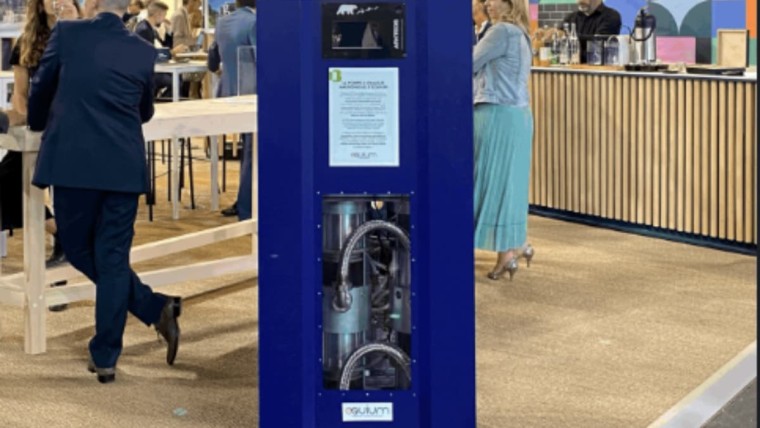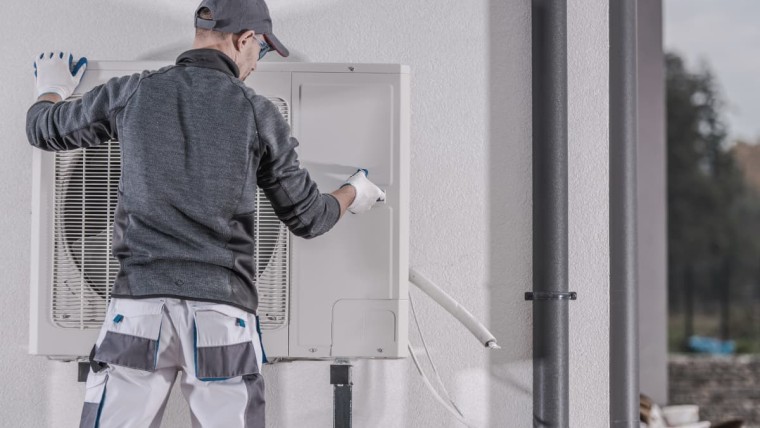Do you want to enjoy your pool all year round? Pool heating is crucial to maintaining a constant, pleasant temperature.
There are several ways of heating a pool, but this article will focus on heat pumps, which are currently the most economical way of heating a large 50m3 pool.
Find out how to determine the heat pump output required for optimum comfort.
Taking different factors into account
The output of a heat pump is influenced by various factors, such as :
- Your geographical location You'll need more power if you live in the north of the country rather than the south;
- The exhibition of the pool in the sun, wind and/or shade;
- The pool type (overflow, traditional, covered or uncovered) ;
- The presence or absence of a shelter or thermal cover;
- The heating period (spring, summer, autumn).
It's important to study these factors in order to choose the right power for your heat pump.
Calculate heat pump capacity
A simple calculation can be used to determine the power required to heat your pool:
Heat pump output in kW = V x C x E
- V is the basin volume in m3 ;
- This is the temperature rise coefficient, which varies between 0.12 and 0.18 depending on whether you want a temperature rise of 1.5° to 3° per day;
- E is a sunshine index: 0.8 for sunny southern regions, 1.2 for northern or mountainous areas.
Example of calculation for a 50m3 pool
If the pool is located in Ajaccio or equivalent climate :
50 x 0.12 x 0.8 = 4.80
You'll therefore need a heat pump of about 5 kW
If the pool is located in Metz / Nancy / Strasbourg :
50 x 0.12 x 1.2 = 7.20
Heat pump capacity should be approximately 7 kW.
Find out more in our pool heating power calculator here
Other criteria to consider when choosing a heat pump
In addition to power, there are other essential criteria to consider when selecting the best heat pump for your pool:
- The COP or coefficient of performance, which determines the pump's energy efficiency. The higher the coefficient, the more economical the pump;
- The technology (mono-or bi-valence) and the operating point ;
- The reversibility heat pump ;
- The type of control (manual, automatic or programmable).
Don't forget the water flow required to optimize your heat pump
To operate correctly, a heat pump requires a minimum flow of water. If this flow is insufficient, the pump may overheat and shut down to protect your system.It is therefore essential to comply with the manufacturer's water flow recommendations.
We strongly recommend that you choose a heat pump suited to the size of your pool.
Choose the right wattage, taking into account the various factors mentioned above, as well as your specific needs. A properly sized heat pump will guarantee you a long and comfortable bathing season!

Julien G.
Juliena mechanical engineering graduate and specialist in climate engineering since 2009, has become a writer specializing in renewable energies, with expertise in heat pumps and photovoltaic solar panels for individual housing.
See all articles by this author
